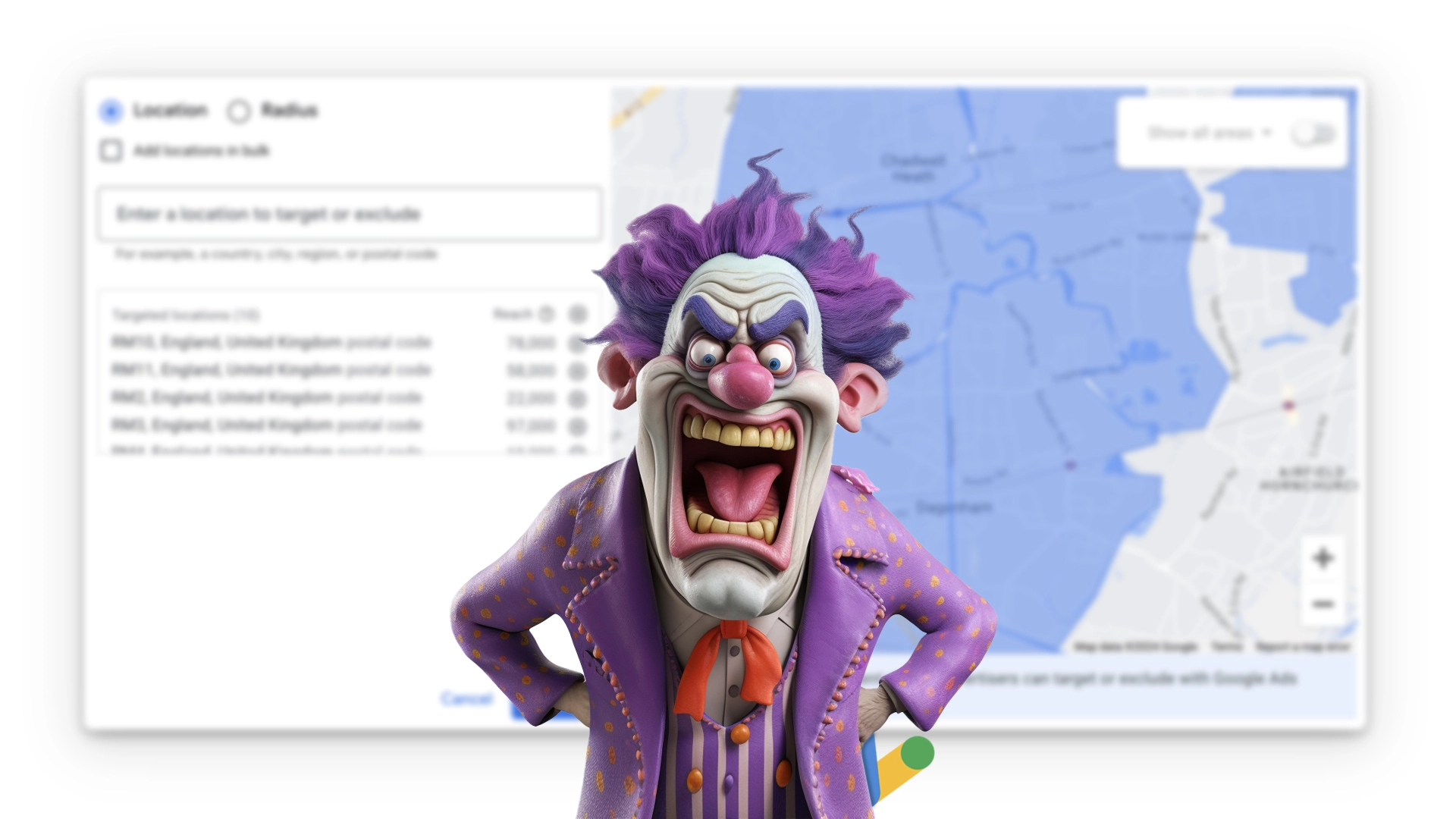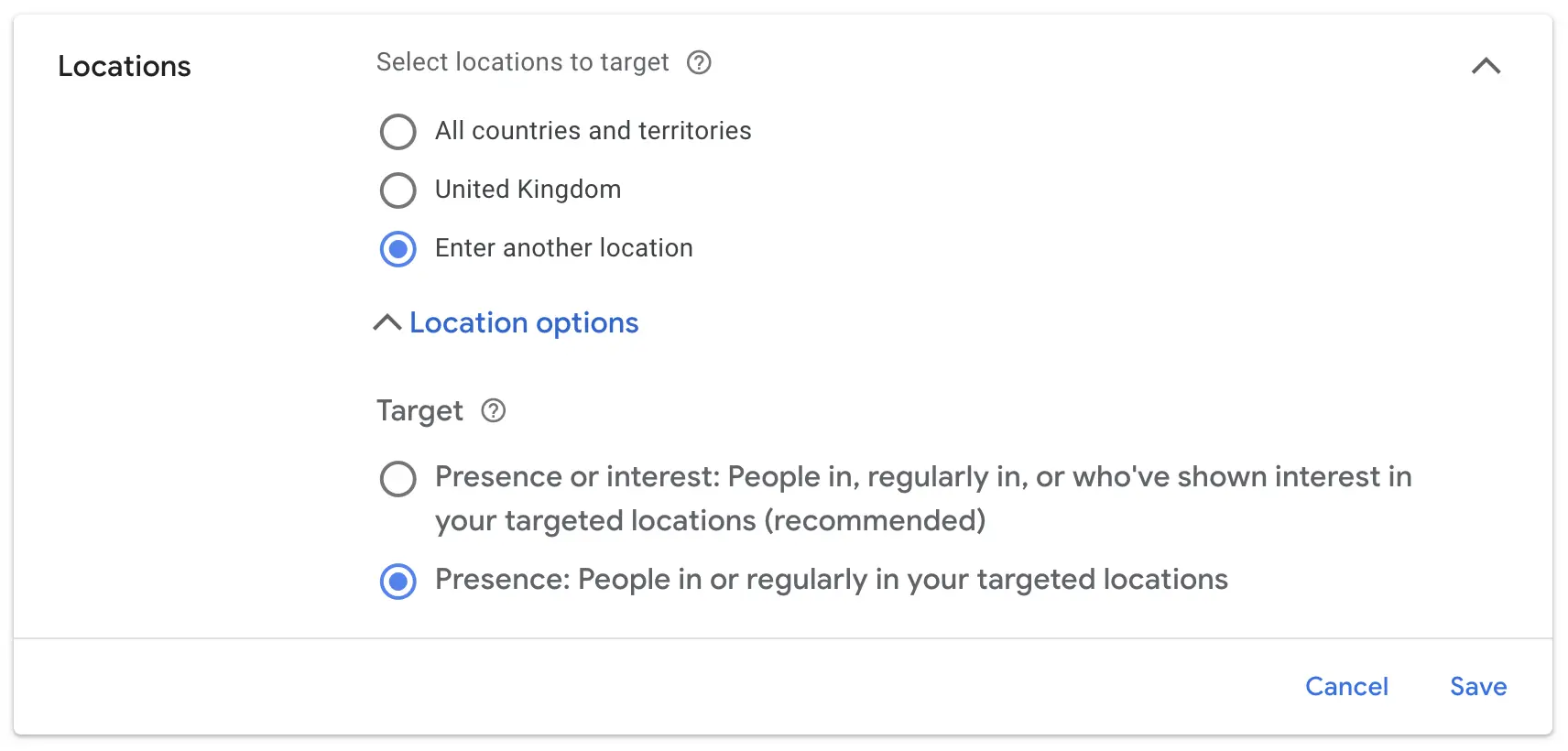Want to discuss things directly with an expert? Call 020 8163 5979 Or
WhatsAppMay 26, 2024

Click fraud remains a significant challenge in digital advertising, draining budgets and distorting campaign performance. As a leading Google Ads Agency, ClickExpose has extensive experience tackling this issue head-on for countless clients, helping businesses protect their ad spend and drive real results.
If you want a comprehensive defence against fake clicks, explore our Click Fraud Protection services to safeguard your campaigns even further.
Click fraud occurs when ads receive clicks from non-genuine sources such as competitors, bots, and spammers. These fraudulent clicks waste ad spend and skew data, leading to misinformed decisions and reduced ROI. While traditional methods of combating click fraud, like IP exclusions and click pattern analysis, are essential, covering all angles becomes crucial when under heavy attack.
VPNs (Virtual Private Networks) and proxies mask a user's true location by routing their internet traffic through servers in different locations. Fraudsters often use these tools to disguise their location, making it harder to detect and block their activities. However, this very tactic can be turned against them with precise location targeting.
Location targeting allows advertisers to narrow their audience to specific geographic areas, displaying ads only to users located within those defined areas. Here’s how it combats click fraud effectively:
Inability to Pinpoint VPN Locations: When users employ VPNs or proxies, the location detected by Google Ads is based on the server location, not the user’s actual location. These servers are often situated in broader regions, not specific small towns, postcodes, or ZIP codes. Consequently, if the VPN or proxy server’s location does not align with your targeted areas, the ads will not be displayed. This precision effectively excludes a large portion of fraudulent traffic right at the source.
Advertisers can target larger areas by adding multiple smaller areas, ensuring comprehensive coverage while maintaining precision.
While highly segmented location targeting is a robust strategy, it is best suited for cases where click fraud is a real concern. However, when applicable, it can be an effective tool for any business looking to protect its advertising budget and improve campaign performance. Here’s how to implement the strategy:
While eliminating VPN traffic can significantly help in combating click fraud, it is essential to consider the potential impact on genuine users. Many legitimate users use VPNs for privacy and security reasons. For instance, remote workers accessing company networks or individuals in regions with restricted internet access might rely on VPNs. Blocking VPN traffic could inadvertently exclude these genuine visitors from seeing your ads. Therefore, businesses should weigh the benefits of reducing click fraud against the possibility of missing out on legitimate traffic.
By exploiting the inability of VPNs and proxies to provide precise location data, location targeting serves as an advanced strategy to eliminate click fraud at its root. This approach not only protects your ad spend but also enhances the accuracy and effectiveness of your advertising efforts.
For businesses facing severe click fraud issues, combining robust anti-fraud systems with precise location targeting can offer a comprehensive solution. To help businesses identify click fraud issues in the first place, ClickExpose offers a completely free 30 day trial - cancel anytime. This plan allows you to monitor your ad traffic, detect suspicious activity, and take proactive measures to safeguard your advertising budget. Learn more about how our Click Fraud Protection solutions work.
By implementing these strategies thoughtfully and leveraging ClickExpose's detection tools, you can safeguard your advertising budget and achieve better campaign outcomes. Sign up for a free plan.
Want to improve your campaign efficiency even further? Master your Google Ads Quality Score here.
With over 15 years’ experience helping brands maximise ROI through Google Ads and SEO, Ashley now leads strategic growth initiatives at ClickExpose - combining high-performance campaigns with advanced click fraud protection to help businesses scale smarter and safer.
